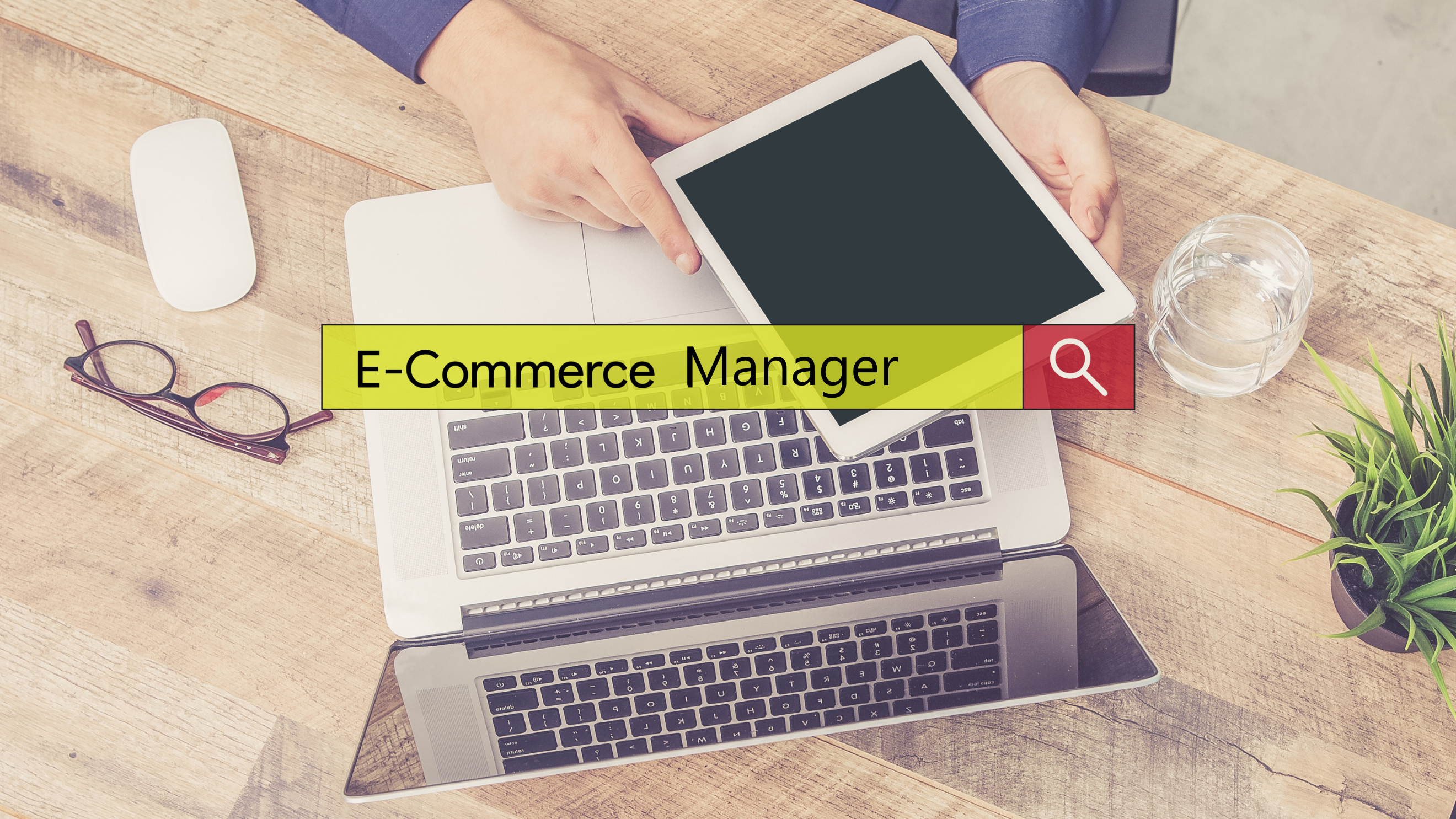Ecommerce is booming. More and more people are opting for the convenience of shopping online, which has led to an exponential growth in the number of online stores. However, running a successful eCommerce business is no easy task. It requires time, dedication and extensive knowledge in various areas, from product management and customer service to digital marketing and logistics.
This is where the Ecommerce Manager comes into play, who is responsible for overseeing and optimizing all aspects of an online store. From updating the product catalog to order management and customer service, this professional plays a fundamental role in the smooth running and profitability of the business.
But what happens when a company does not have the resources or staff to hire a full-time Ecommerce Manager? The answer is simple: outsourcing. Having an external Ecommerce Management team can be the ideal solution for those companies looking to optimize their resources and obtain results in the short term.
What is an Ecommerce Manager?
It is the person (or team) whose mission is to ensure that all phases of interaction with the customer are satisfactory, from the moment prior to the purchase to the after-sales service.
In addition, he or she focuses on planning, implementing and monitoring strategies that drive business growth, such as designing conversion paths and analyzing key data to optimize the user experience. His functions are diverse and cover key areas such as:
- Product Management: The Ecommerce Manager is responsible for keeping the product catalog up to date, with accurate descriptions, attractive images and competitive pricing.
- Customer Service: The Ecommerce Manager is responsible for answering questions, resolving doubts, handling complaints and returns, and ensuring customer satisfaction at all times.
- Inventory management: The Ecommerce Manager is in charge of inventory management, demand forecasting and coordination with suppliers.
- Order processing: Once a customer makes a purchase, the Ecommerce Manager is responsible for processing the order, coordinating logistics and shipping, and ensuring that the product reaches the customer in a timely manner.
- Data analysis: The Ecommerce Manager uses web analytics tools to monitor online store performance, identify areas for improvement, and make strategic decisions based on data.
To perform all these functions effectively, an Ecommerce Manager needs to have a range of skills and knowledge, such as:
- Knowledge of the eCommerce market: keeping abreast of the latest trends, technologies and best practices in ecommerce.
- Analytical skills: Ability to interpret data, identify patterns and make data-driven decisions.
- Communication skills: Communicate effectively with customers, suppliers and other team members.
- Organization and time management: Ability to manage multiple tasks and prioritize activities.
eCommerce Management Challenges
Overcoming these challenges requires time, dedication and a team with experience and expertise. Among the most valued competencies in an Ecommerce Manager are skills such as analytical skills, customer orientation, teamwork, creative vision and problem solving.
These skills not only help solve day-to-day challenges, but also drive innovation and customer loyalty. Some of the most common challenges are:
- Complexity: Managing an eCommerce involves handling multiple areas simultaneously, from the web platform and product catalog to logistics, marketing and customer service.
- Constant updating: New technologies, trends and platforms are constantly emerging, which requires keeping up to date and adapting quickly to changes.
- Scalability: As eCommerce grows, so do its needs and challenges. Scaling operations and adapting to spikes in demand can be tricky, especially if the company does not have the right infrastructure or staff.
- Data management: ECommerce generates a wealth of data on customer behavior, sales, inventory and other aspects of the business.
Overcoming these challenges requires time, dedication and a team with experience and expertise. For many companies, especially SMEs, it can be difficult to have all the resources needed to manage their eCommerce efficiently. This is where outsourcing presents itself as an attractive solution.
Having an Ecommerce Management team can be crucial to successfully meet these challenges, as their global vision and project management expertise are essential to optimize resources and achieve objectives.
Benefits of eCommerce management outsourcing
Outsourcing eCommerce management consists of delegating the operational tasks of an online store to a specialized external provider. This strategy offers a number of benefits that can drive business growth and profitability, including:
- Focus on Core Business: By delegating eCommerce management, companies can free up time and resources to concentrate on their core business and the strategies that drive business growth. Instead of worrying about product updates, customer service or logistics, they can devote their efforts to innovation, new product development or expansion into new markets.
- Access to Experts: With eCommerce outsourcing, companies gain access to a specialized technical team and customized strategies. Companies like Xtendo can offer such professionals.
- Increased Efficiency: eCommerce outsourcing service providers use cutting-edge tools and technologies to streamline processes, automate tasks and reduce errors. In addition, by working with specialists who understand both the Customer Journey and the importance of customer loyalty, continuous improvement strategies can be implemented to increase satisfaction and conversion rates.
- Scalability: Adapting to fluctuations in demand and business growth can be a challenge for companies that manage their eCommerce in-house. Outsourcing offers the flexibility to scale operations quickly and efficiently, without the need for large investments in infrastructure or personnel.
- Cost Reduction: By outsourcing, experienced professionals can be accessed without the need to hire them full time, representing significant savings for the company.
- Improved Customer Experience: eCommerce outsourcing service providers have highly trained customer service teams to provide professional and efficient service. This translates into a better customer experience, increased customer satisfaction and loyalty.
The success of your online store lies in finding a strategic partner for eCommerce management.
In the competitive world of eCommerce, having a strategic partner to help you optimize your operations and achieve your goals is essential. Xtendo is your strategic partner to transform the management of your eCommerce. With a proven methodology and innovative approach, we ensure customized solutions that not only maximize efficiency, but drive measurable results at every stage of the process.
With more than 22 years of experience in the market, we have a team of around 1,300 professionals offering solutions in customer management, channel and business operations support, including eCommerce project manager.
We focus on customer satisfaction and the creation of customized solutions that adapt to the needs of each business. We use cutting-edge technology and innovative tools to optimize processes and maximize the efficiency of your eCommerce.
If you are looking to optimize your eCommerce, improve the efficiency of your operations and achieve your growth objectives, we invite you to contact us. Our team of experts will be happy to analyze your needs and offer you a customized solution.
Interested in learning how Elektra integrates artificial intelligence to optimize the customer experience on its eCommerce platform? Don’t miss the episode “Raúl Cornejo: Boosting the e-commerce customer experience at Elektra” of the Xtendo podcast.
In this episode, Raul Cornejo, director of digital transformation e-commerce at Elektra, shares his vision on digital transformation and how to improve customer experience through AI, team collaboration and logistics optimization. An episode full of key insights for the future of retail and digital innovation.






